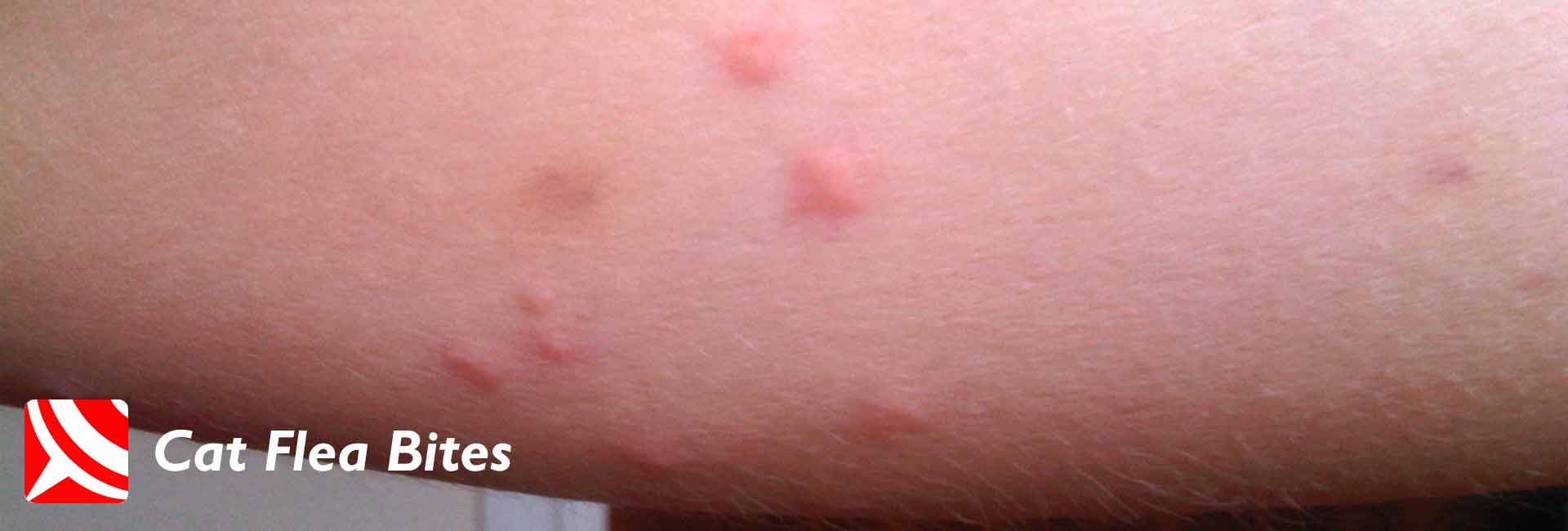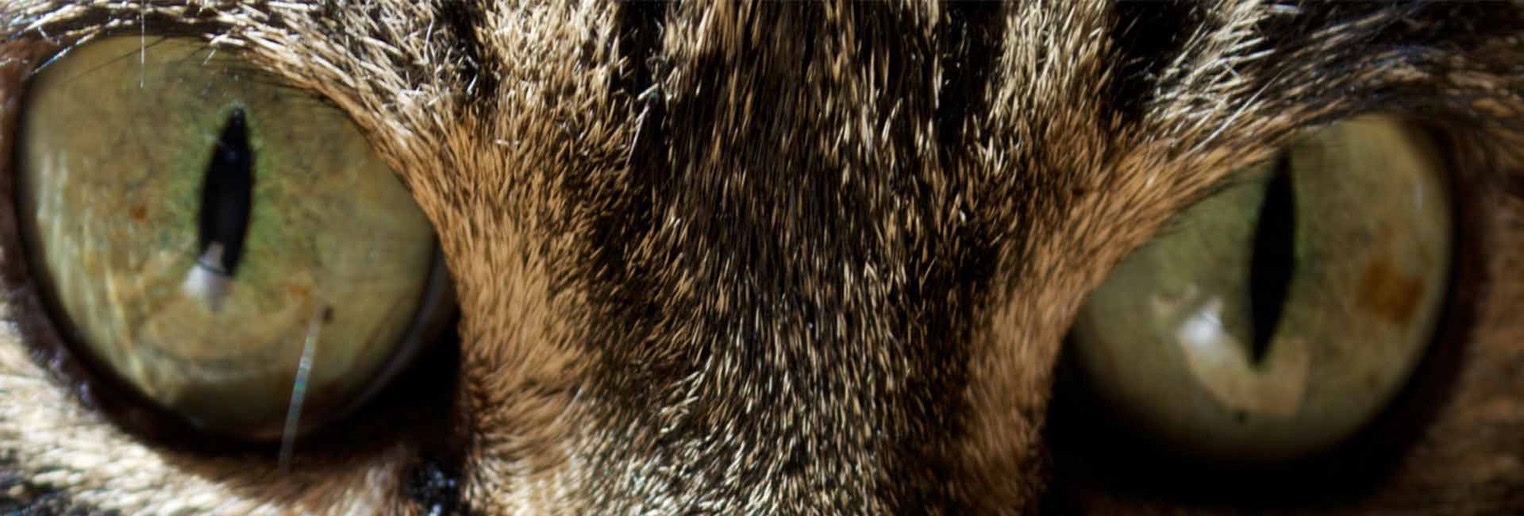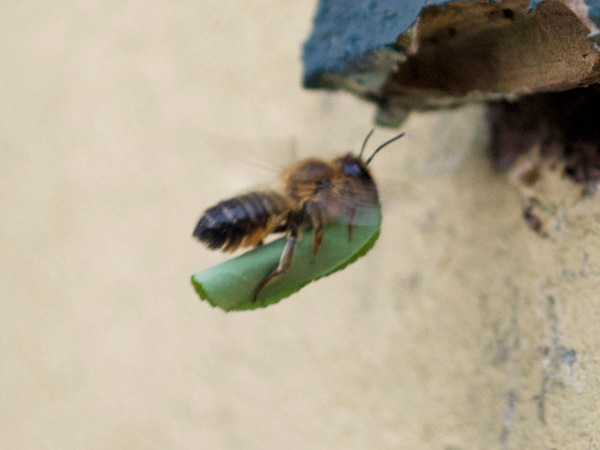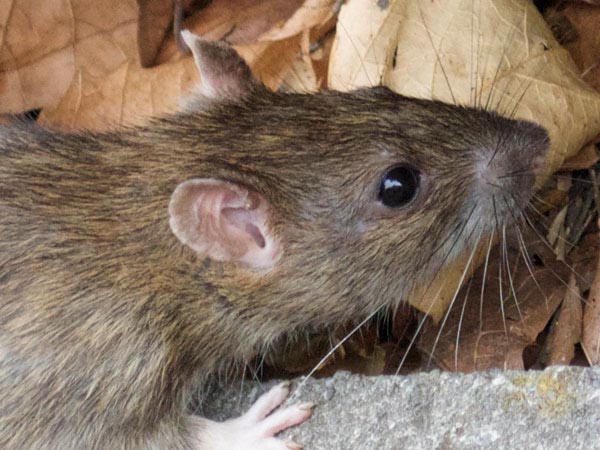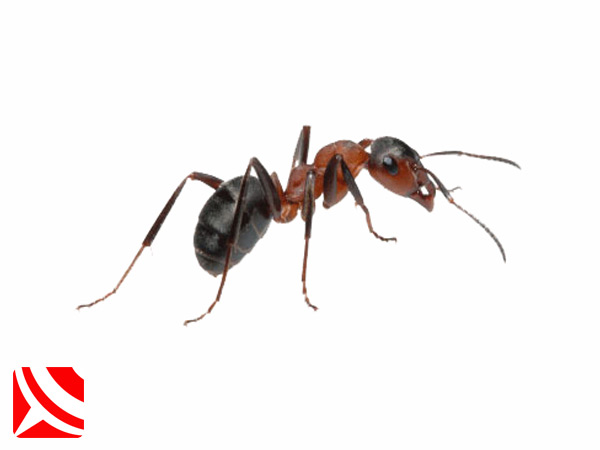Carpet Fleas are a common bunch of blood sucking bugs. Getting rid of them and eliminating these parasites without professional guidance can cost you a fortune, disrupt your sleep and even your families health.
Eliminate Carpet Fleas Now: CALL - 0117 303 5181
Carpet Fleas - Why Do My Carpets and Rugs Have Fleas?
Carpet Flea Control: Animal fleas end up in our carpets and rugs as a natural process of flea activity. Once a flea lands on it's host (whatever animal it's going to feed on) it will begin to acquire a blood meal as quickly as possible. Once the female flea has consumed a blood meal, she will begin laying eggs that simply drop from the animal onto the floor, where they hatch and the larvae will begin to develop.
But I Don't have Pets!
If you have pets then flea control is rosy and rapid. If you are one of the unfortunate people to move into a property that has had animals in the past, then it will probably upset you to discover these tiny pet parasites can sit dormant, waiting for a warm blood meal for a year or more. This means that hundreds or even thousands of them can be sitting in pupae, in a vacant property ready to emerge onto the first warm blooded animal to enter. It is common for properties to become infested by other peoples cats and dogs. You may have looked after an animal for a short time or have left a window open or even have an unsecured cat-flap in the back door.
We recently treated a rented property where the new tenant was bitten over three hundred times before our intensive treatment team took control.
How Quickly Can Professional Control Stop The Fleas
Sadly you will be told by many that a quick, cheap treatment will solve all your problems, but don't be fooled. Fleas are rarely eliminated 100% within three months. You can never get them all, and chemicals can't really effect those in Pupae. With professional chemicals it is easy to kill the emerged adults with smoke generators and other forms of fumigation and fogging etc. This will provide immediate relief but what you need to do is break the life-cycle of the flea. This is done by treating effected surfaces with a residual insecticide and delivering an IGR - Insect Growth Regulator to stop flea larvae from developing into adults that can bite and reproduce. The other thing you must do is take your pet or pests to the vet and get them examined and professionally treated there also. So as you can see, this process is not simple and not immediate, but is very possible if you do it right, if you trust us to do it professionally.
What Do You Do and Will It Damage my Carpets?
We use Fumigation and Spray to deliver both rapid knock down and residual protection as well as a potent IGR. No matter what natural flooring you have, be it timber, laminate, carpet etc. You are always going to need to be aware that water and natural fibres can react, causing shrinkage etc. We have never encountered this problem, but it is something to consider. The professional products we use are formulated to ensure surfaces remain stable and stain free, and to date, we have always had excellent results.
Common Sources of Carpet Fleas:
One of the big questions our customers often ask is very simply "where do the fleas come from"?
For the answer you need to engage in a small amount of detective work. You need to think when you first started experiencing the symptoms of bites, such as raised itchy patches on the skin or others in the same area reported seeing them or getting bitten by them. Once you have a little bit of a time line you need to ask some of these questions and of course give honest answers.
Where did I first notice the fleas or the bites on my body?
The legs and lower arms are common places especially where the skin is delicate with a good vascular supply close to the surface. The neck is also a common spot to get bitten. Clothing is a great insulator and also provides a high level of concealment.
Where was I when I noticed the fleas?
What had you been doing that day? Had you had any visitors or had anyone else in that location? Had you been into a property or area where animals were or had been present? Had you been into a squat or old property where an animal had been kept up to eighteen months before? You should also ask questions like "has my neighbours cat entered my car whilst windows were open or the roof was down!
What time of day was it when I noticed the fleas?
Was the weather hot or cold, was it day or night. Like all insects, they like warmth and if you are the warmest thing in a cool room then your heat signature alone will get them interested. If the room is warm or an area is exposed to sunlight through glass, then it speeds up the development time it takes for flea larvae to reach maturity or developing adults in pupae to mature.
Do you have any pets that have not received flea treatments?
Cats and dogs are often the source of fleas - however you also find that rabbits and other animals that frequent your garden will also leave these little critters for you to pick up. It is not uncommon for fleas to be present in one corner of the garden where badgers, hedgehogs or foxes are regularly seen at night or perhaps in the case of foxes, during the day. Sadly it is often children who get bitten first as their skin is delicate and untainted with strong perfumes or aftershaves.
Pets that come into your homes and offices are also commonly responsible for infestations, and if you have a cat flap installed without a magnetic or infrared lock on it then it is very common for non resident cats to come into the property and knap on the sofas etc.
Fleas are normally present two to three weeks after initial infestation or quicker where large numbers of adults were present on the contaminating host. The only good news is that those you eventually see are unable to breed without a blood meal from the respective biological host. This means that if a cat flea bites you it cannot breed, but can of course survive.
Eliminate Carpet Fleas Today: CALL - 0117 303 5181
Local Service Areas Our Pest Control Service Covers
Bristol - Clevedon - Portishead - St Annes - St Pauls - St George - Sneyd Park - Fishponds - Eastville - Easton - Frenchay - Filton - Westbury - Stoke Bishop - Stoke Park - Southville - Long Ashton - Patchway - Bradley Stoke
